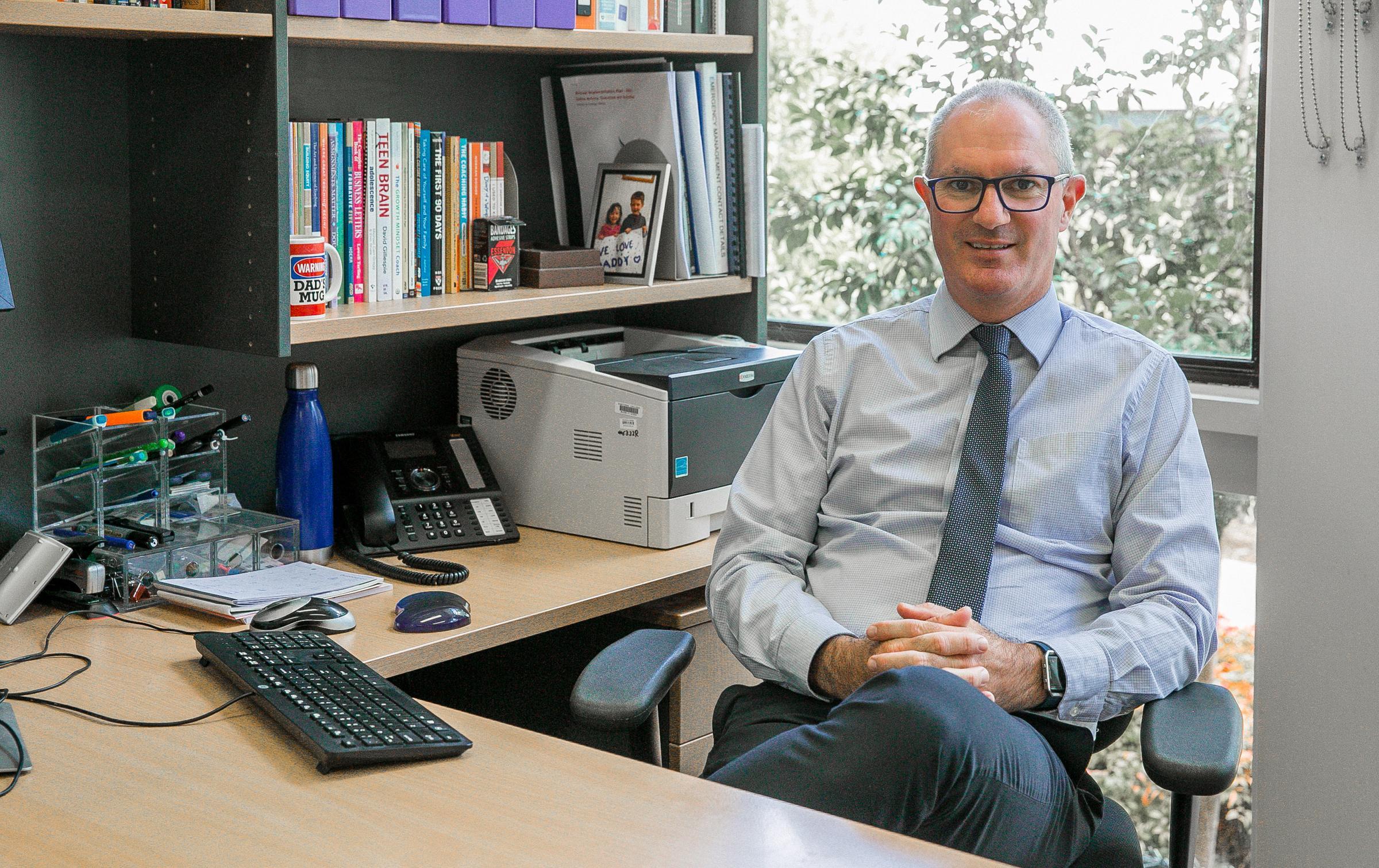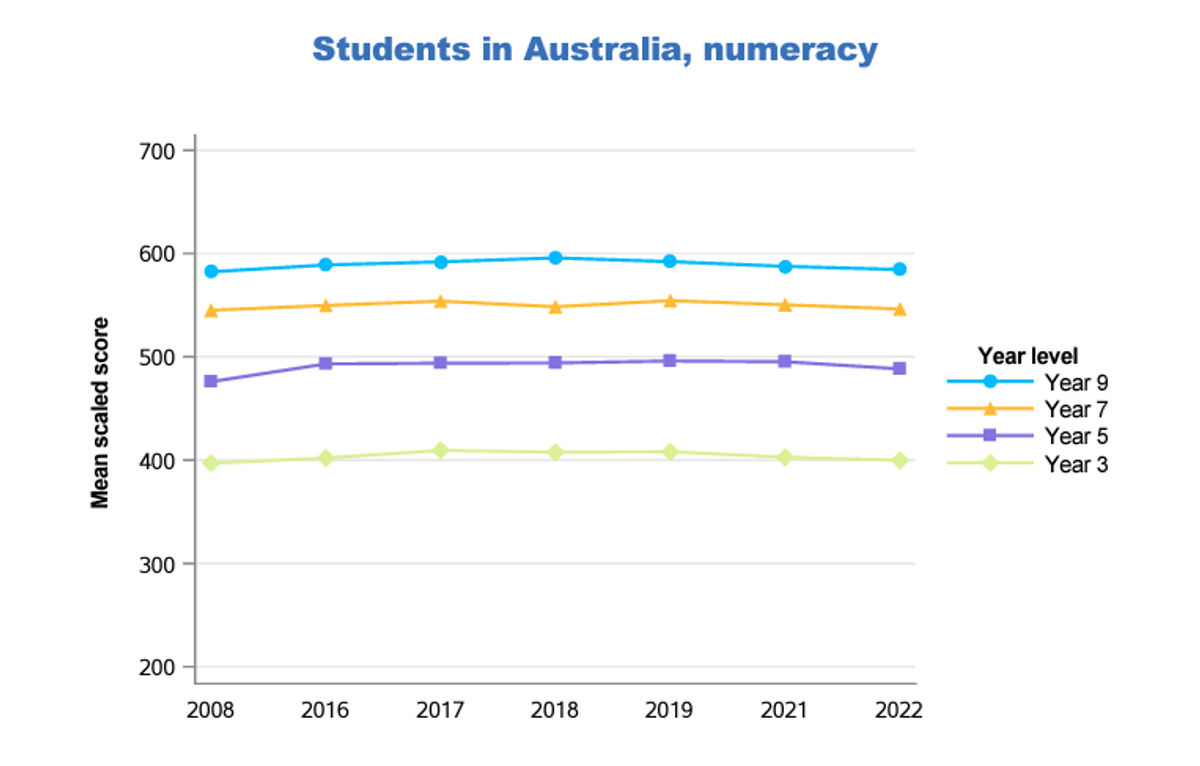Principal Team Editorial

“It’s O.K, don’t worry about it, I wasn’t very good at Maths either!”
Is that you? Have you ever said that to your kids? At times, we’re all guilty as parents of trying to be supportive this way when students experience the “struggle” at school. However, a) struggle is not always a bad thing and b) the messages we can give, often reinforce an unintended attitude.
Students across the country have experienced significant challenges over the last few years. The pandemic and remote learning, continues to impact academic achievement and behaviour right across the country, though the impacts are starting to be mitigated by the increasing continuity and connection students are having back at school.
One of the areas that appears to have been most effected during this period is student achievement in Numeracy. Between 2008 and 2018, there had been a significant increase in student Numeracy achievement, particularly in Grade 5 and Year 7. Since then, there has been an increasingly concerning decline back to 2008 levels. The optimist in me justifies this fall by explaining it away as a consequence of the difficulty in teaching maths during the pandemic.
Pleasingly, our own Year 9 NAPLAN numeracy results bucked the trend, with a significant increase in performance from 2021 to 2022. However, we can’t be complacent and we need to continue to focus on strategies that will positively improve Numeracy achievement, pushing those scores back up in the right direction.
That brings me to the statement that started this editorial. It’s not uncommon to hear parents say flippantly to their kids, that “I wasn’t good a maths either”. The concern with a statement like that, no matter what the subject is, is that it has the potential to reinforce to kids that a) maths ability is inherited, and if their parents say they weren’t good at it, that must also equally apply to them b) being good at maths might not be important.
Whilst genetics may play a role in academic achievement, many other factors determine whether a student experiences success in Numeracy. Students struggling in Maths (whether they be below, at, or above expected level) will not benefit from advice that reinforces the notion that learning maths is not “worth the struggle”.
Students that aren’t struggling are more likely to have been given work that is too easy and therefore not pushing or challenging them to work beyond their limits. There is no doubting the research that shows a clear correlation between being numerate, and positive life outcomes (employment, income, etc).
As educators and parents supporting young people to have successful futures, we need to communicate clearly that being good at maths is an essential life skill. And whilst numeracy challenges can be difficult, we need to persevere and continue to experience growth in our learning. Thus, the message to students when they experience "the struggle” should be a positive one. “I know you’re struggling with maths, it’s not easy, but the skills your learning are really important for the rest of your life”; “I struggled with maths at school too, but I had to persist and work hard at it, and I’m glad I did, otherwise I wouldn’t be where I am today”.
In the book, Productive 'Math Struggle: A 6 point action plan for fostering perseverance', the authors write, "All students face struggle, and they should—it is how they learn and grow. The teacher’s (and I would argue parent’s) job is not to remove struggle, but rather to value and harness it, helping students develop good habits of productive struggle.”
There is a wide body of evidence that demonstrates the positive benefits of student’s working outside their comfort zone. And whilst we don’t want to overload their learning stress, a little bit of struggle can be a very positive thing. So the next time your children talk to you about how they might be struggling with their work, be positive, reinforce that productive struggle is OK and explain why learning what their learning is important.
Kevin Murphy
Principal

